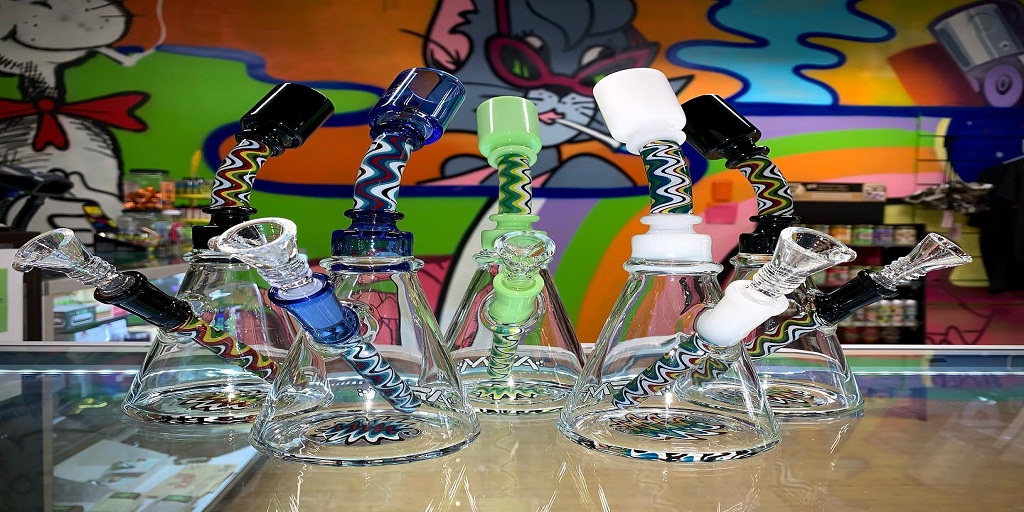With climate change and other environmental issues like the plastic crisis taking an increasingly prominent center-stage role in politics, commerce, and everyday living, many businesses are doing their part to cut back on their use of unsustainable materials and items such as single-use plastics.
Fortunately, there are plenty of recyclable, sustainable, and even affordable materials that can be used to produce a wide range of office goods, ranging from countertops to customized name badges. These are some of the best of them.
1. HDPE
For some, this might be one of the most surprising entries on this list, especially since HPDE, or high-density polyethylene, is a plastic. However, it’s one of the most environmentally friendly of them all.
HDPE is a type of plastic that is commonly used to make milk jugs, plastic bags, and other such consumer goods. However, HDPE is also easily recyclable and much of the HDPE in circulation has already been recycled.
It is a highly durable plastic with great strength and resistance to both chemical attack and UV light. Also, when returned to the environment, it doesn’t release any toxic fumes or chemicals as it breaks down.
This is the material from which pioneering companies like Imprint Plus have made select name badges like the Eco-Badge.
2. Bamboo
Bamboo is another marvelously renewable resource. It grows very quickly (some cultivars can grow more quickly than two feet per day) and the plant itself is a highly effective carbon sink.
This makes it more sustainable than most other woods, and like other woods, it is very strong and long-lasting. It also biodegrades very quickly under favorable conditions.
There’s another trick: bamboo is quite affordable. This is one of the reasons that companies such as Imprint Plus (mentioned above) are making sustainable, affordable, customized name badges like the Bamboo Badge.
Learn more about their high-quality, sustainable, customizable name tags and badges at imprintplus.com or contact their customer service at 800-563-2464.
3. (Real) Linoleum
Linoleum might be another shocker on this list. The real stuff, even though it seems like an industrial synthetic, is actually made from very environmentally friendly, affordable, and sustainable constituents.
Real linoleum is actually just made from linseed oil, limestone, cork dust, and sometimes some rosins to hold it all together. It is relatively lightweight and strong and it is a fairly durable flooring material.
Fortunately, due to its predominantly natural constituents, it’s fairly sustainable, too.
4. Cork
We mentioned cork in the last section, and believe it or not, this is also relatively quick-growing, even though the tree on which it grows is not.
The great thing about cork is that it can be harvested every couple of years and can be gathered without having to cut down the tree. It’s also a highly effective carbon sink.
This makes it highly renewable – but it’s also valuable for its numerous applications. It can be used for everything from insulation to bottle corks to construction and more.
5. Marble, Granite, and other Natural Stones
Who said going sustainable meant you had to give up class? A lot of people don’t realize that natural resources like marble, granite, and some other stones, while technically not renewable, are highly sustainable.
This is in part due to the fact that they are so abundant on earth, no harmful chemicals are used to quarry and finish them, and they have extremely long-functional lifespans. What’s more, even old granite and marble can be restored or repurposed.
These are only a few of the more interesting sustainable materials that office administrators have their sights on when it comes to procuring new napkins, customized name badges, and flooring – but there are countless others, such as recyclable steel and glass.
Knowing better enables doing better. Armed with information like this, you may be able to position your business for future growth using environmentally friendly and sustainable materials.












